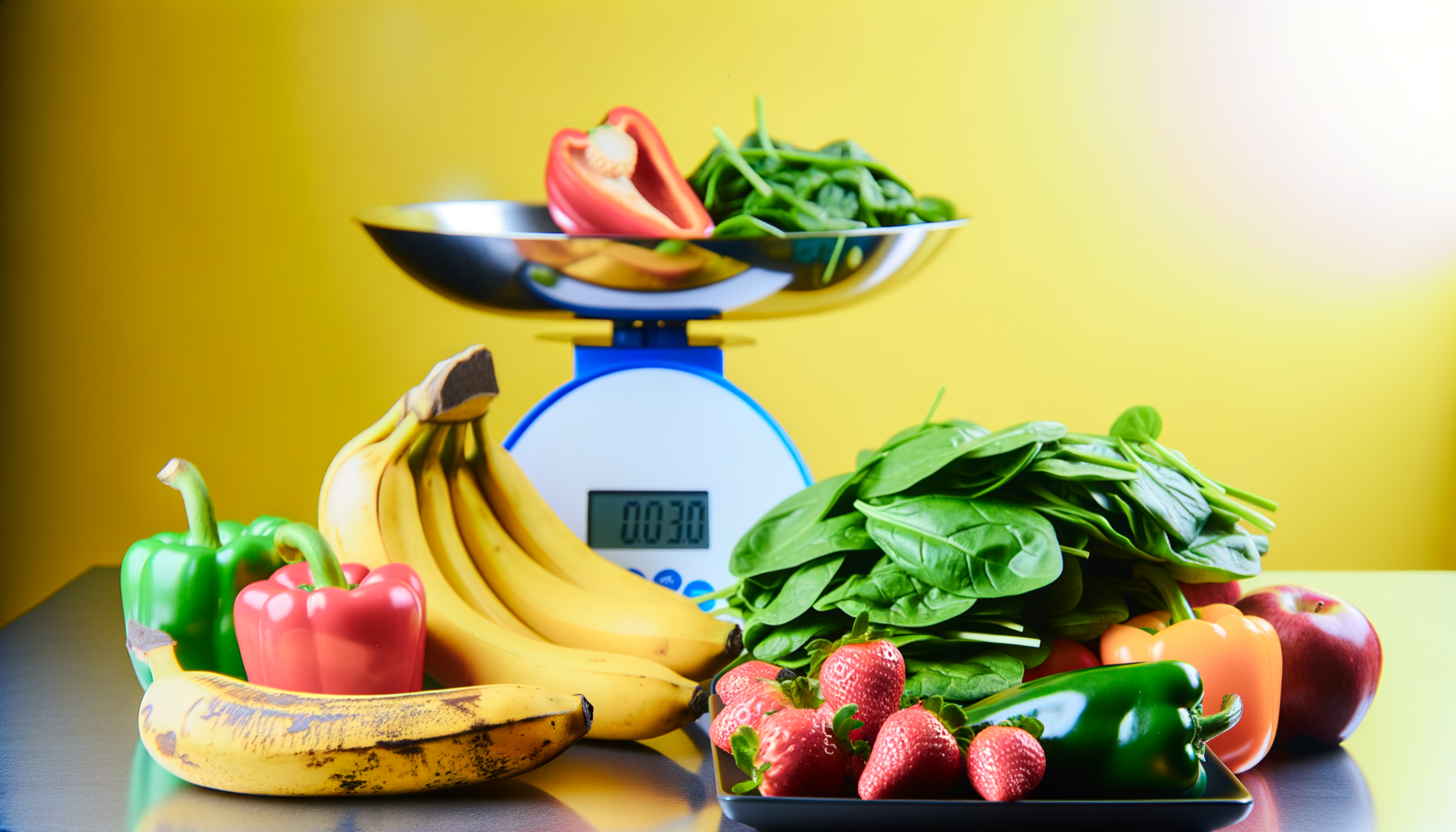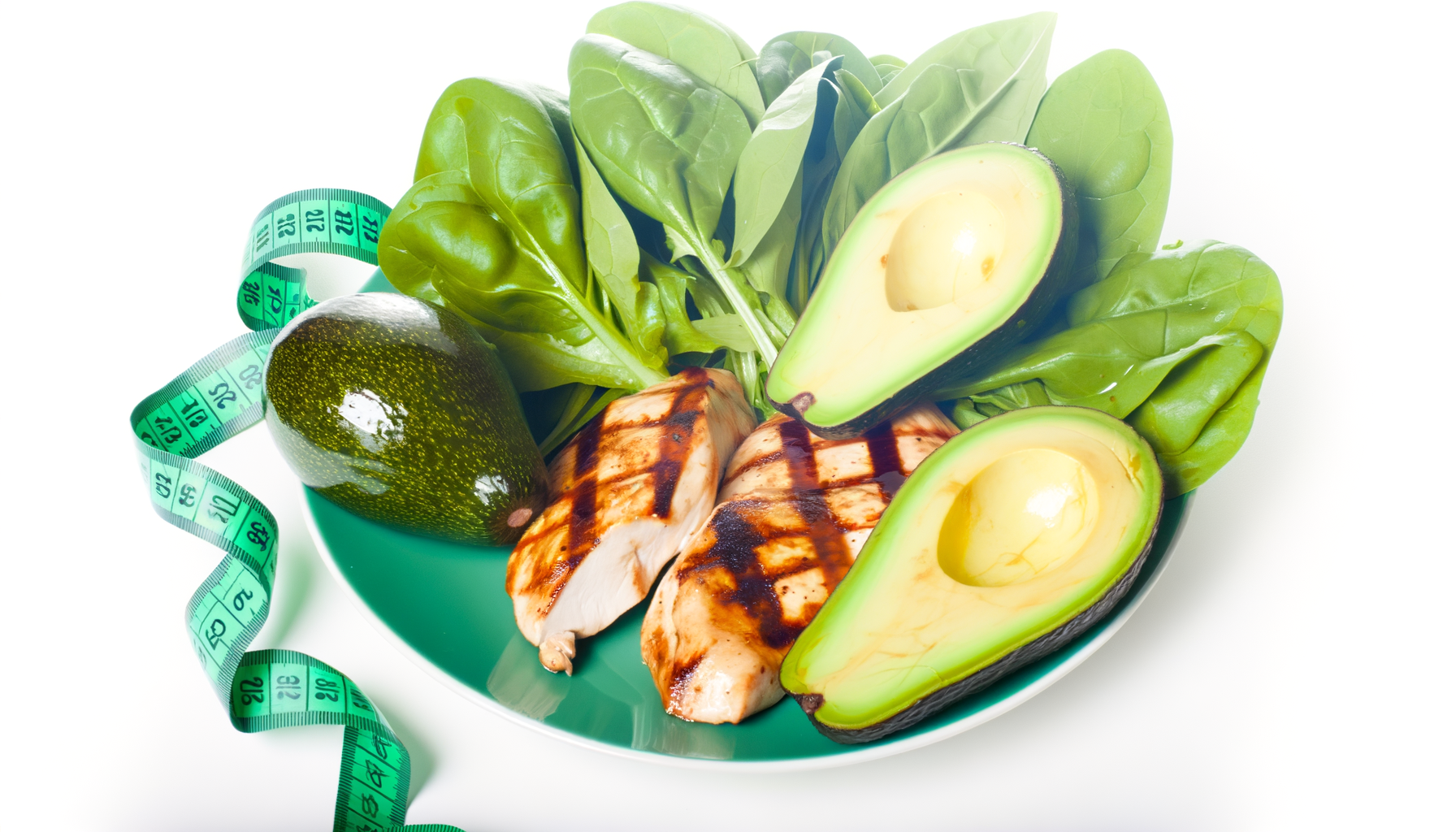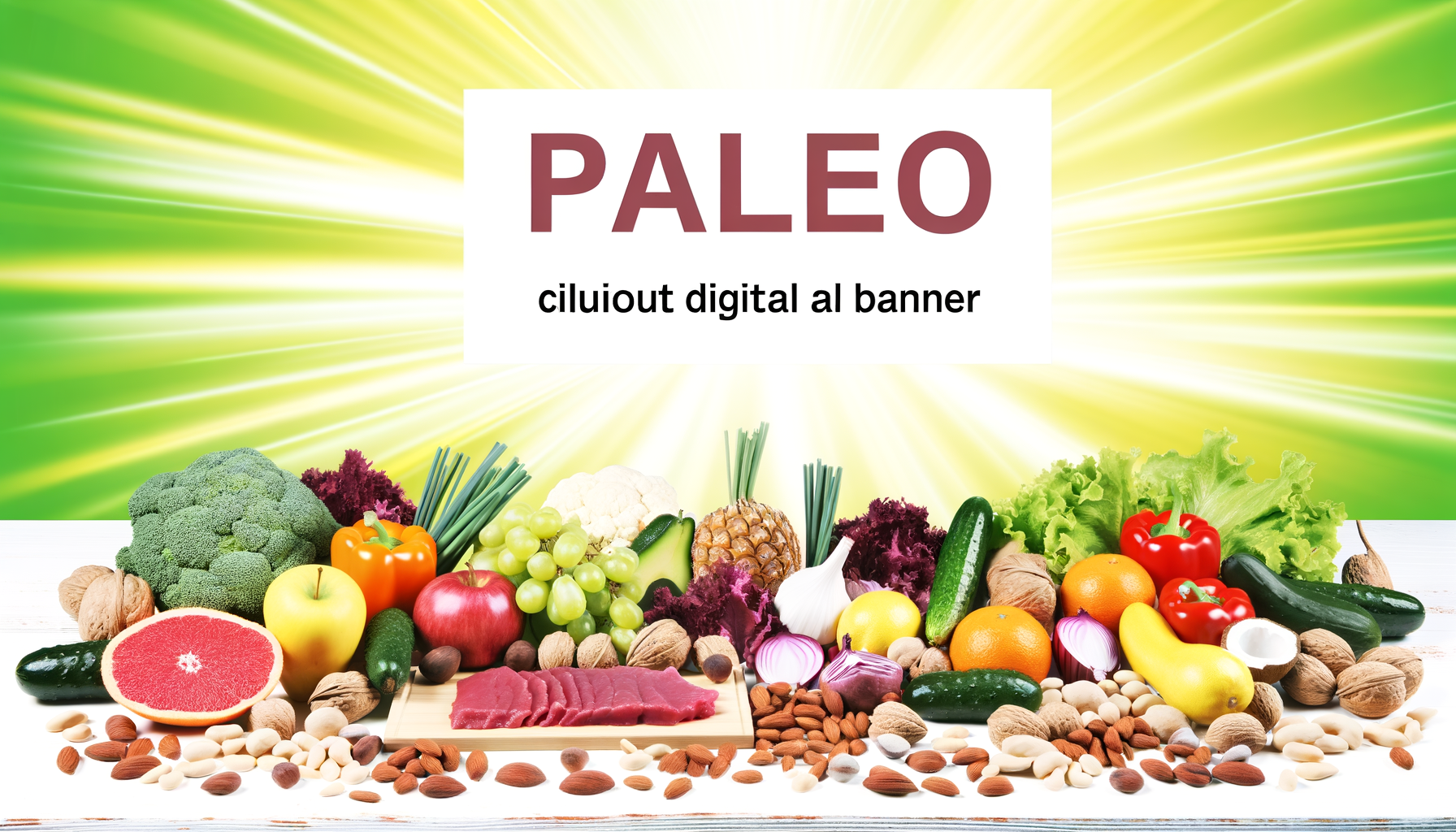Enhancing Nutrition for High-Altitude Training with WP Calorie Calculator Pro
Optimizing Nutrition for High-Altitude Training: A Comprehensive Guide
When athletes and fitness enthusiasts venture into high-altitude training, they face a unique set of nutritional challenges that can significantly impact their performance and overall health. Understanding and addressing these challenges is crucial for optimizing nutrition and achieving peak performance at high elevations.
The Impact of Altitude on Nutrition
At high altitudes, several physiological and metabolic changes occur that affect nutritional requirements. Here are some key considerations:
High-altitude environments are characterized by lower oxygen levels, which can lead to increased resting metabolic rate (RMR) and total daily energy expenditure (TDEE). For instance, an individual with a resting metabolic rate of 1,281 calories at sea level might expend between 3,843 and 7,686 calories per day at elevations above 12,000 feet, considering both the increased RMR and physical activity.
Carbohydrates: The Preferred Energy Source
Carbohydrates play a critical role in high-altitude nutrition. They are the body's preferred energy source, especially at altitude, because they require less oxygen for metabolism compared to fats and proteins. A high-carbohydrate diet can reduce the onset and severity of Acute Mountain Sickness (AMS) and improve physical performance. Carbohydrates help replace depleted muscle glycogen, prevent muscle from being used as energy, and support overall energy needs.
To incorporate more carbohydrates into your diet, focus on foods such as breads, rice, pasta, tortillas, fruits, potatoes, and whole grains like oats and barley. Carbohydrate-rich beverages like smoothies, fruit juices, and sports hydration beverages are also beneficial.
Protein and Muscle Recovery
Protein is essential for muscle recovery and maintenance, particularly at high altitudes where muscle tissue loss can occur. Athletes should ensure they are consuming adequate protein to refuel their muscles after demanding workouts. Opt for protein-rich foods including lean meats, eggs, Greek yogurt, cottage cheese, and protein bars and powders.
Hydration and Fluid Intake
Maintaining proper hydration is vital at high altitudes. The body's need for fluids increases due to the dry air and increased energy expenditure. Athletes should drink plenty of water and consider carbohydrate-rich beverages to boost both fluid and carbohydrate intake.
Monitoring and Adjusting Caloric Needs
Using tools like the WP Calorie Calculator can help athletes and coaches create personalized nutrition plans that account for the increased caloric needs at high altitude. Regular monitoring of caloric intake and expenditure is essential to ensure optimal energy availability. Athletes should log their training, nutrition, and any physiological changes to make necessary adjustments.
Practical Strategies for High-Altitude Nutrition
Here are some practical strategies to enhance nutrition for high-altitude training:
Energy-Dense Foods
Given the suppressed appetite that many athletes experience at high altitudes, relying on calorie-dense foods such as homemade granola, energy bites, smoothies, and protein shakes can be beneficial. Eating small, frequent meals and snacks is another effective strategy to ensure adequate nutrition.
Iron Supplementation
Iron is crucial at altitude to optimize physiological adaptations. Athletes should have their iron levels monitored, and if necessary, follow an iron supplementation protocol. Include iron-rich foods like fortified grains, leafy green vegetables, beans, lentils, beef, and eggs in your diet.
Adjusting Training Pace
Athletes need to adjust their training pace to account for the reduced oxygen availability at high altitudes. This may involve slower training times initially, with gradual increases as acclimatization occurs. For example, runners should expect to slow down by approximately 4 seconds per mile for every 1,000 feet of elevation gained over 3,000 feet.
Using WP Calorie Calculator Pro for Personalized Nutrition Plans
The WP Calorie Calculator Plans offer a robust tool for creating personalized nutrition plans tailored to the unique demands of high-altitude training. Here’s how you can leverage this tool:
1. Estimate Caloric Needs: Use the WP Calorie Calculator to accurately estimate your daily energy expenditure based on your specific training regimen and altitude.
2. Create Customized Meal Plans: Develop meal plans that ensure you are meeting your increased energy, carbohydrate, and protein needs.
3. Monitor and Adjust: Regularly log your training, nutrition, and physiological changes to make necessary adjustments to your nutrition plan.
Case Studies and Real-World Examples
Several studies and real-world examples highlight the importance of optimized nutrition for high-altitude training. For instance, athletes training in the North American and Canadian Rockies, where elevations often exceed 3,000 meters, have seen significant improvements in performance by adhering to high-carbohydrate diets and monitoring their caloric intake closely.
Conclusion and Next Steps
High-altitude training presents unique nutritional challenges, but with the right strategies and tools, athletes can optimize their nutrition to enhance performance and overall health. Here’s a summary of key points:
- Increased RMR and Caloric Expenditure: High altitude increases resting metabolic rate and total daily energy expenditure.
- Specialized Nutrition: Athletes need to increase their energy, carbohydrate, and fluid intake to support their training.
- Personalized Plans: Tools like the WP Calorie Calculator can help create tailored nutrition plans.
- Monitoring and Adjustments: Regular monitoring and adjustments are crucial to ensure optimal energy availability.
For athletes and fitness enthusiasts looking to optimize their high-altitude training, here are some steps to take:
- Consult with a Nutritionist: Work with a sports nutritionist to create a personalized nutrition plan.
- Use Calorie Calculation Tools: Utilize tools like the WP Calorie Calculator to estimate and adjust caloric needs.
- Monitor Progress: Regularly log and monitor training, nutrition, and physiological changes to make necessary adjustments.
By integrating these strategies and using tools like the WP Calorie Calculator, athletes can ensure they are well-prepared for the metabolic demands of high-altitude training, leading to better performance and overall health outcomes.











